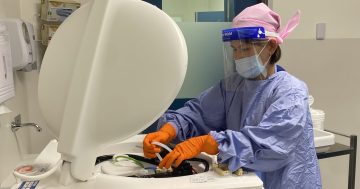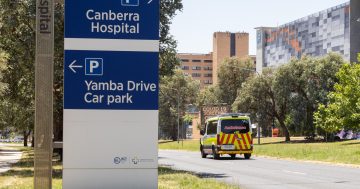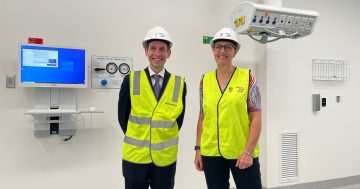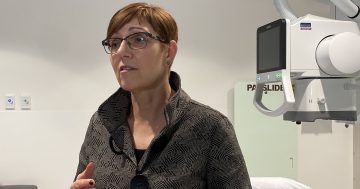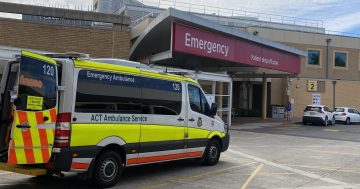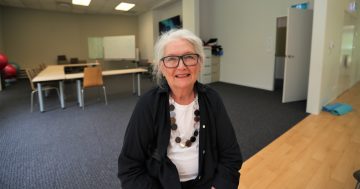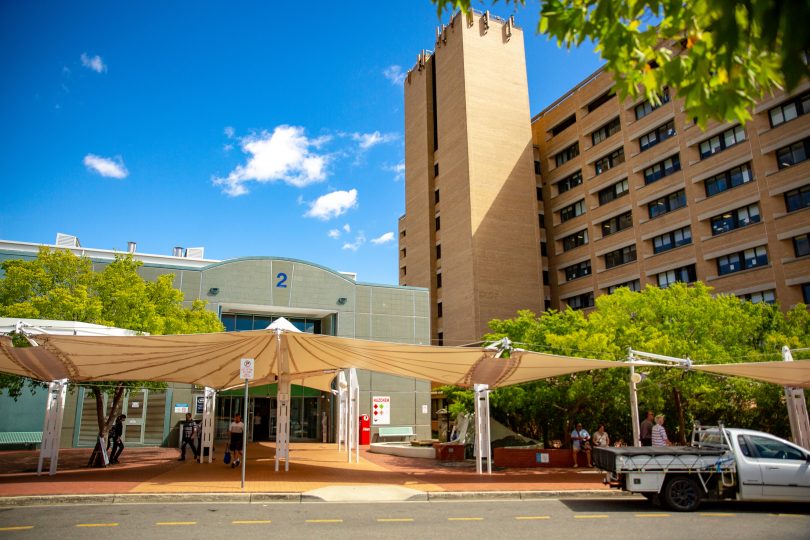
The ACT Government will audit the endoscopy waiting list. Photo: George Tsotsos.
The ACT Government will audit the endoscopy waiting list in the Territory after it blew out to 7200 people, and reports emerged of at least two people developing cancer while remaining on the list for more than a year.
ACT Minister for Health Rachel Stephen-Smith said there were 1085 patients who were overdue to receive endoscopies in the six months to the end of March 2021. However, nearly 700 people had been seen following the resumption of elective surgeries that were halted due to the COVID-19 pandemic, she said.
ACT Shadow Minister for Health Giulia Jones said she had been approached by Canberrans on the waiting list who were anxious to receive the procedure before something serious develops.
“I have been stopped by people in the street and messaged by people from all over Canberra to tell me they are on the waiting list … [and] they do not know if, by the time they get their procedure, they will have developed something deadly,” she said.
“If it was your mother, father, sibling, cousin or friend on the list, the size of the current waitlist would frighten you. The delays this list is creating can be deadly.”
Speaking about her own experience as a child with burning stomach pains, Ms Jones said having an endoscopy and the subsequent treatment greatly improved her quality of life by allowing her to manage the condition.
Ms Stephen-Smith said endoscopy waiting lists are a challenge for all jurisdictions due, in part, to the high number of referrals received through the National Bowel Cancer Screening Program, which has grown rapidly in previous years.
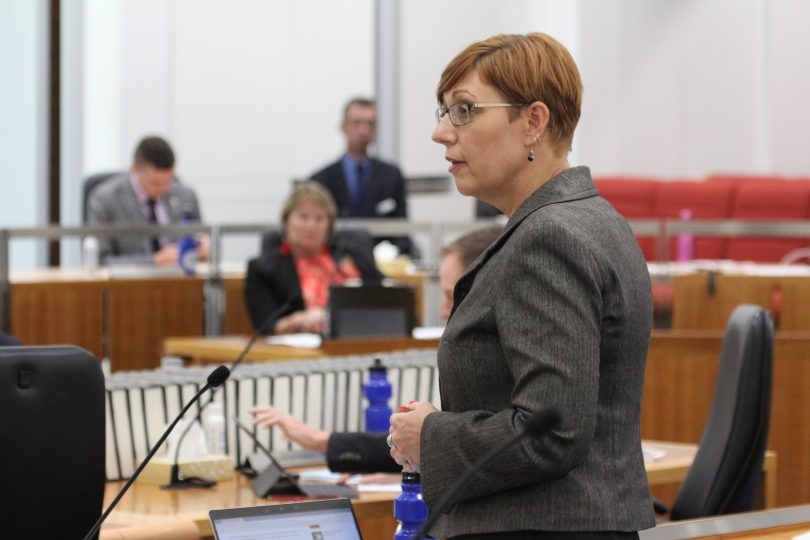
ACT Health Minister Rachel Stephen-Smith said the public endoscopy waitlist has been impacted by the National Bowel Cancer Screening Program. Photo: Dominic Giannini.
The ACT receives about 150 referrals per week through the program, which gives people aged 50 to 74 a free, simple test that can be done at home every two years.
Ms Stephen-Smith said referrals from the program are prioritised, and subsequently impacts waiting times for other patients.
Ms Jones criticised the ACT Minister for Health for not proactively putting in place policies and procedures to deal with the expected increase in demand from the National Bowel Cancer Screening Program.
“I have seen the ads and I have relatives who have taken the test,” she said. “Why do we wait until after we have a massive backlog to put the intense effort into addressing what we probably could have known was coming?”
Accessibility and affordability within the private sector are also identified as major issues in the ACT.
Ms Stephen-Smith said part of the pressure on the public waiting list comes from the low rate of no-gap procedures in the ACT through private providers, as well as the higher cost of the procedures in the Territory.
In the ACT, 42 per cent and 34 per cent of patients do not pay a gap for gastroscopies and colonoscopies, respectively, she said.
“No other jurisdiction is below 70 per cent … [and] nationally, more than 80 per cent of both gastroscopies and colonoscopies have no gap when completed in the private system,” said Ms Stephen-Smith.
“In addition, for those who do pay a gap, which is more than double the number of Canberrans than nationally, the ACT is the most expensive jurisdiction for both procedures.
“Canberra Health Services is proactively recruiting both nationally and internationally more gastroenterologists to provide more public endoscopy services.”
Ms Stephen-Smith said she has also heard anecdotal evidence of people remaining on the waitlist after receiving an endoscopy because they are due to receive a further endoscopy, but the original referral time was not changed.
The ACT Government will complete the audit and report back to the Legislative Assembly by 2 September, 2021, on how it will reduce the waiting list to a reasonable timeframe after it recently supported a motion put forward by the opposition.
Ms Stephen-Smith said an audit was scheduled for 2020 but was delayed due to the COVID-19 pandemic.
The most recent Canberra Health Services annual report said it would aim to improve access and timeliness for Canberrans who need the procedure, as well as develop business plans to upgrade the endoscopy department in 2020-2021.












